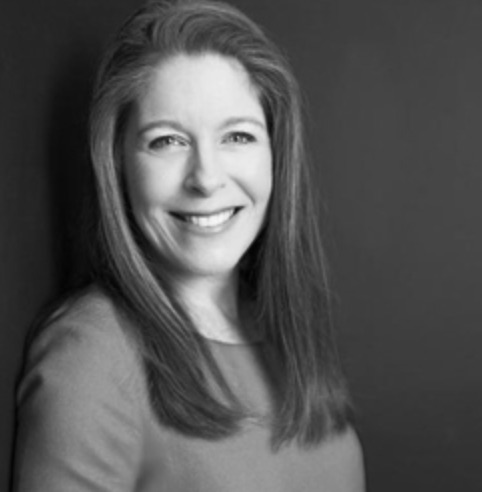Celebrating poet Anne Spencer

Literary Luminary
The life of Anne Spencer—poet, librarian, social activist and only the second African American poet to be included in the Norton Anthology of Modern Poetry (1973)—will be celebrated on February 4 at Virginia University of Lynchburg (the former Virginia Theological Seminary and College), with a screening of “Annie’s Pencil,” a film based on a play about the poet’s life written by her granddaughter, playwright Shaun Spencer Hester.
“She lived a very vibrant life and knew fascinating people,” explains Hester, “but I wanted the play to show she was just an ordinary person who accomplished remarkable things.”
Spencer was born in 1882 in Henry County, and moved to Lynchburg in 1893 to attend the Virginia Theological Seminary and College. She later met and married Edward Spencer, Lynchburg’s first parcel postman, and raised three children: Bethel, Alroy and Chauncey (an aviator who initiated the training program that produced the Tuskegee Airmen). Spencer worked as a teacher and a librarian, and helped to establish the first Lynchburg chapter of the NAACP. From her home—and beloved garden, Edenkraal—on Pierce Street, now a National Historic Landmark, Spencer penned poems that captured the attention of literary heavyweight and activist James Weldon Johnson. He encouraged her to submit her work to literary journals of the day such as the NAACP journal, The Crisis.
According to Nina Salmon, assistant professor of English at Lynchburg College and the author of Anne Spencer: “Ah, how poets sing and die!”, Spencer wrote “because the poems emerged, or needed to emerge. ” Adds Salmon: “That she was a published poet was more an accident of time and place than it was a desire on her part to see her work reach a wider audience.” But her work did reach a larger audience and her salon became a gathering place for some of the brightest stars of the Harlem Renaissance—the black literary movement of the 1920s—and beyond, including Langston Hughes, Thurgood Marshall, W. E. B. DuBois and Martin Luther King Jr.
Though Spencer’s poetry addressed a wide range of subjects she often eschewed political topics to write about nature. Before her death in 1975, Spencer told her biographer J. Lee Greene, “I write about some of the things I love. But have no civilized articulation for the things I hate.”








